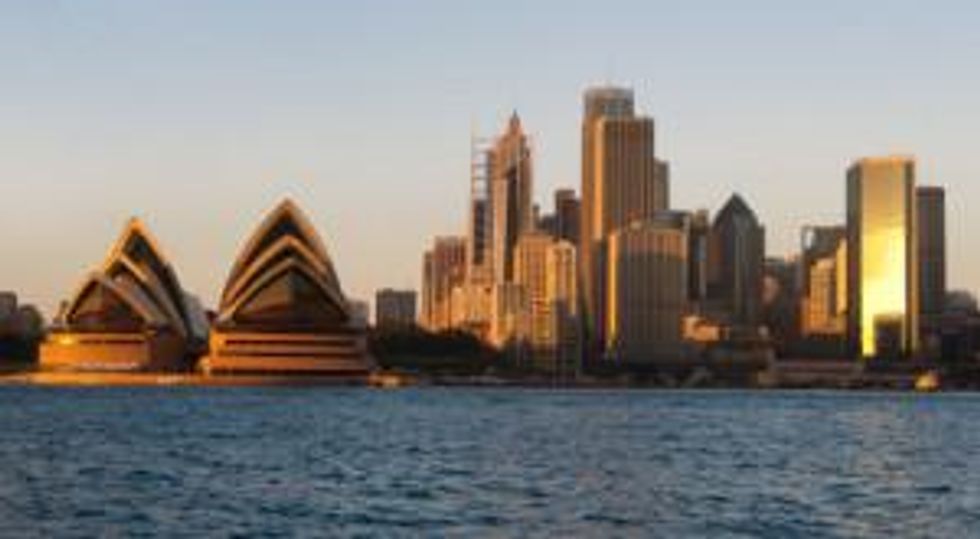Volatility continues in the iron ore space, with the metal’s price searching for a bottom and its producers experiencing substantial share price swings. However, BC Iron is perhaps in the sweet spot of having a solid balance sheet and low enough cash costs to survive the current downturn, but high enough costs to offer substantial leverage in the event of an upswing.
Volatility continues in the iron ore space, with the metal’s price searching for a bottom and its producers experiencing substantial share price swings.
BC Iron (ASX:BCI) surged almost 20 percent last week on no particular news other than recent production and cost guidance for its flagship Nullagine Joint Venture (NJV) with Fortescue Metals Group (ASX:FMG). The update follows the company’s recently completed merger with Iron Ore Holdings, which prompted it to bed down its Western Australian operations, reducing staffing costs, winding back high-cost haulage contracts, optimizing operations and substantially reducing the size and cost of its board of directors.
That work has perhaps placed the company in the sweet spot of having a solid balance sheet and low enough cash costs to survive the current downturn, but high enough costs to offer substantial leverage in the event of an upswing.
In last week’s report, BC Iron states that it has achieved ramp up to an annualized run rate of 6 million metric tons (MT) year, but reaffirms guidance for the remainder of the 2015 fiscal year (to end June) of between 5.2 and 5.6 million wet metric tons (wmt). More importantly, however, BC Iron states that for that period it should have C1 cash costs of AU$47 to $51 per wmt (US$38 to $41.5 per wmt) and all-in costs of AU$54 to $61 per wmt (US$44 to $50 per wmt). In addition, the company notes that it has reduced its planned capital expenditure for the NJV to AU$13 to $16 million (US$10.5 to $13 million) for the 2015 fiscal year.
BC Iron produces a slightly sub-premium product, but these cost projections affirm that the company remains cash positive in the current market and is likely to remain so even if the iron ore price falls further. Coupled with a healthy cash balance, moderate debt levels and minimal capital expenditure requirements due to its use of third-party transport infrastructure, the company seems to be in a reasonably healthy situation in the current market. Perhaps not especially profitable, but not at immediate risk of the cash flow stress that has impacted other miners in the space in recent times.
After recent large falls in the price of iron ore, pricing has stabilized of late at around the US$68 to $70 per MT level for 62 percent iron content. Market participants seem to feel that perhaps there is a floor as higher-cost production continues to fall out of the market, and the traditional end-of-year Chinese restocking soaks up stockpiles ahead of the new year cyclone (hurricane) season in Western Australia, which puts shipments at risk.
Higher-cost production has been more resilient that first thought, but closures continue, and Chinese restocking has been slow to arrive. That said, with all of the major miners suggesting that large-scale production expansions are now at an end, the market is looking for value.
BC Iron has added to its resource base following the merger with Iron Ore Holdings, but it has made it clear it has no plans to bring those assets into production until prices warrant the investment. In the meantime, it has apparently succeeded in positioning itself as a small — but profitable — producer with low liquidity risk and low-cost expansion options that can be brought to bear when the market improves.
Securities Disclosure: Brad George holds no investment interest in any of the companies mentioned.
Brad George is a geologist by trade, and has spent over 25 years working in the mining industry around the world in a variety of capacities. Primarily focused on exploration, Brad has gained extensive experience in iron ore, base metals and gold on five continents. He has extensive experience in the management of public resource companies.
Upon completing an MBA, Brad spent several years in London as a partner in a boutique brokerage house, developing a franchise as a rated mining and metals analyst. Brad now resides in Perth, Western Australia.
